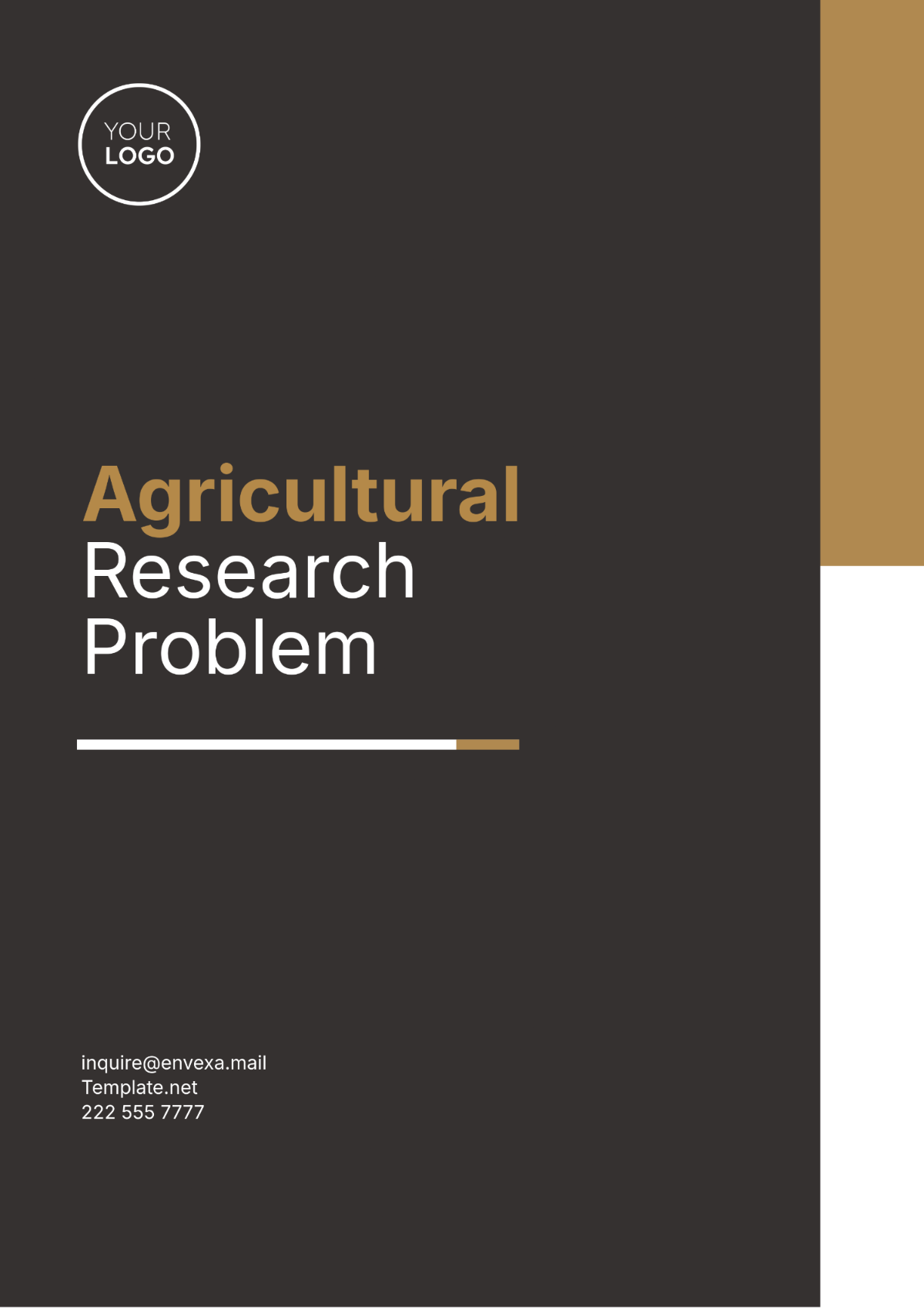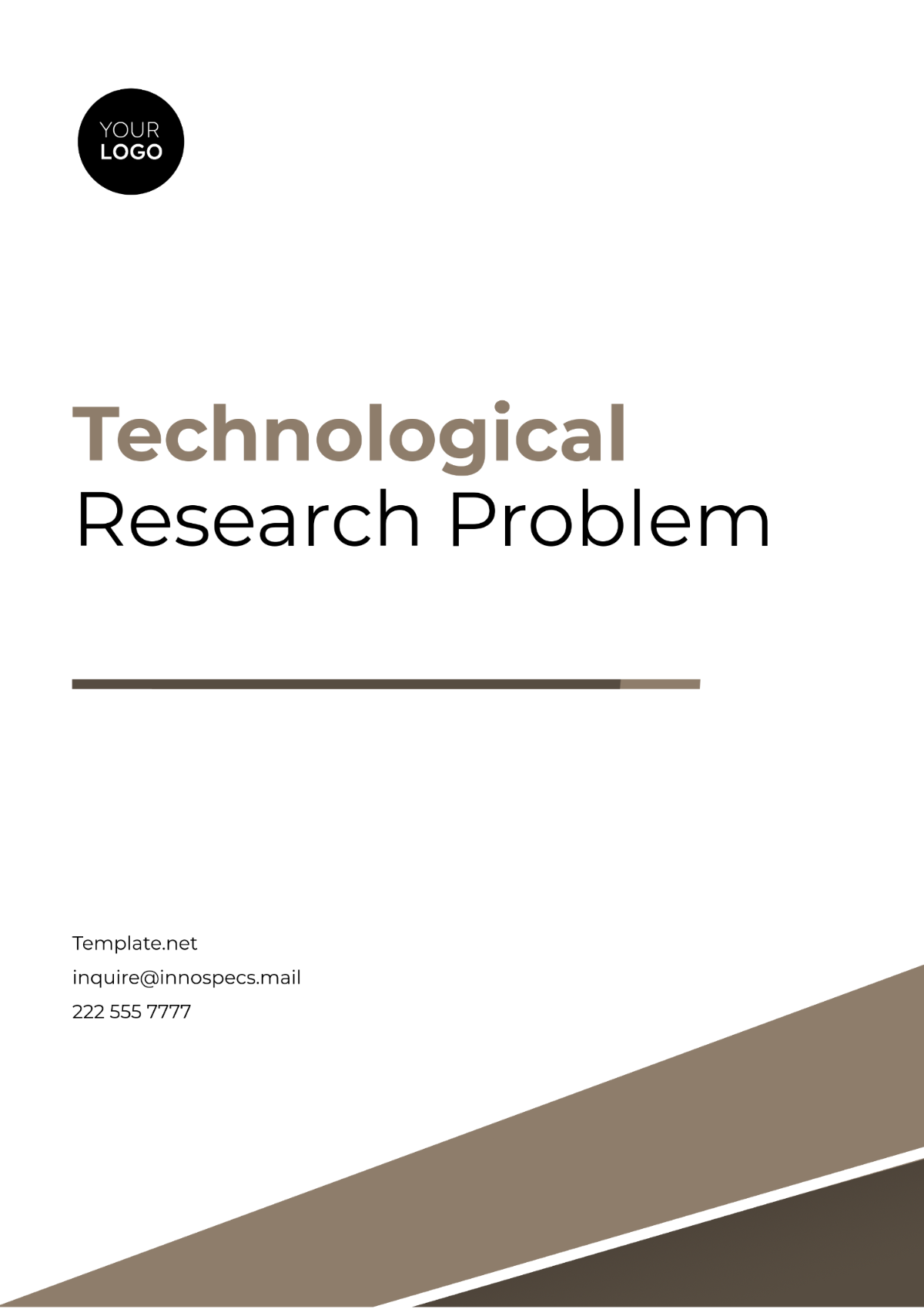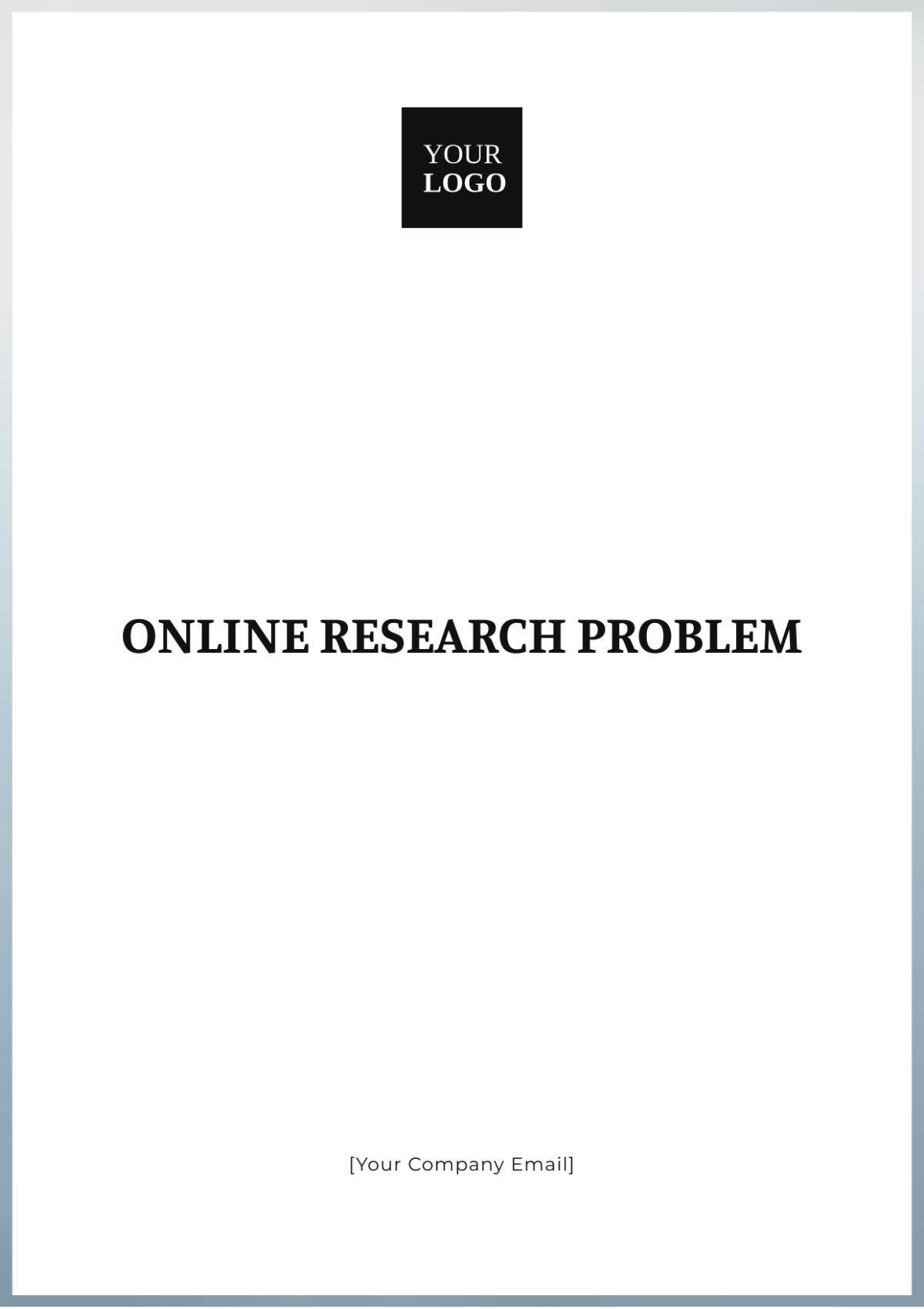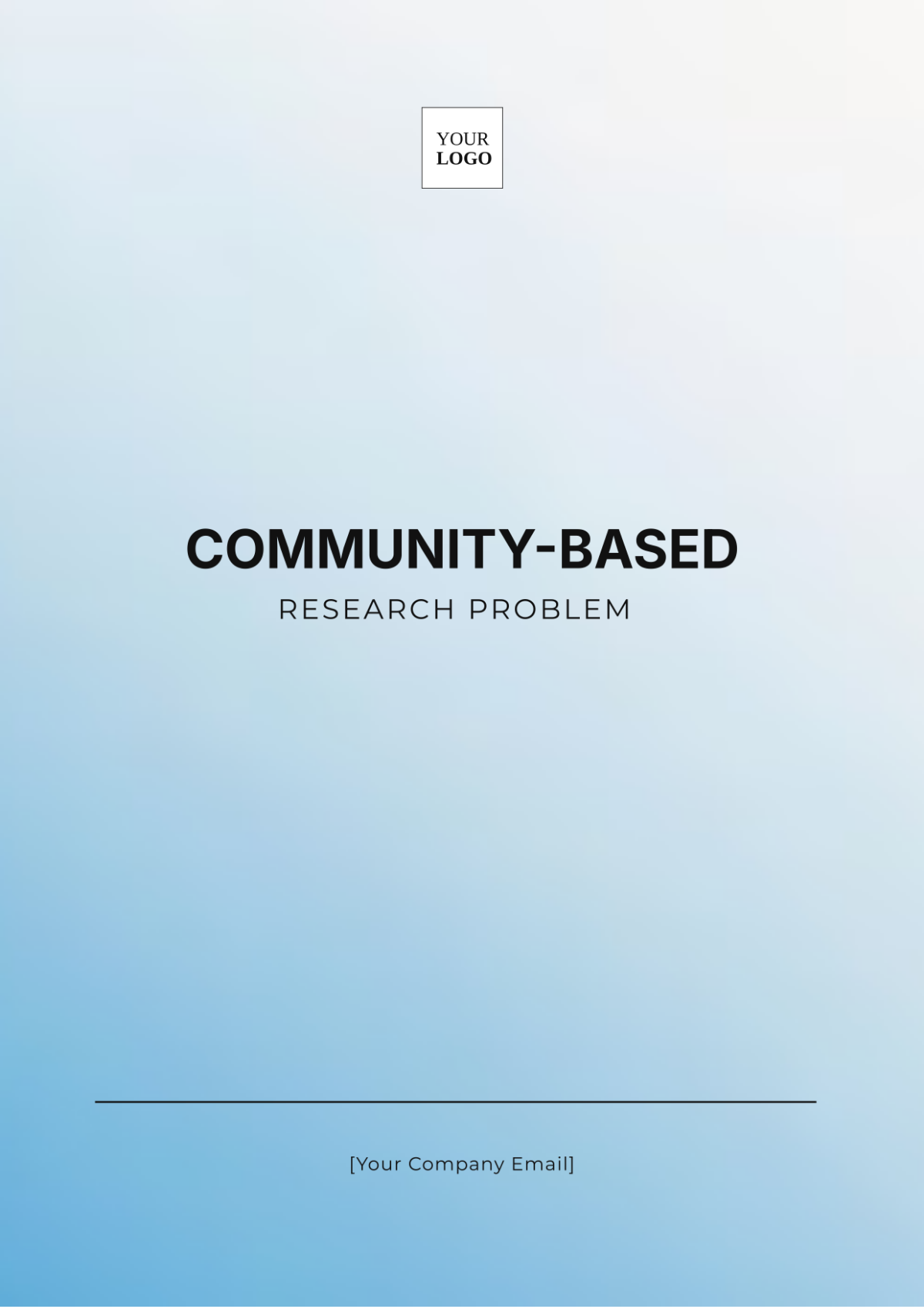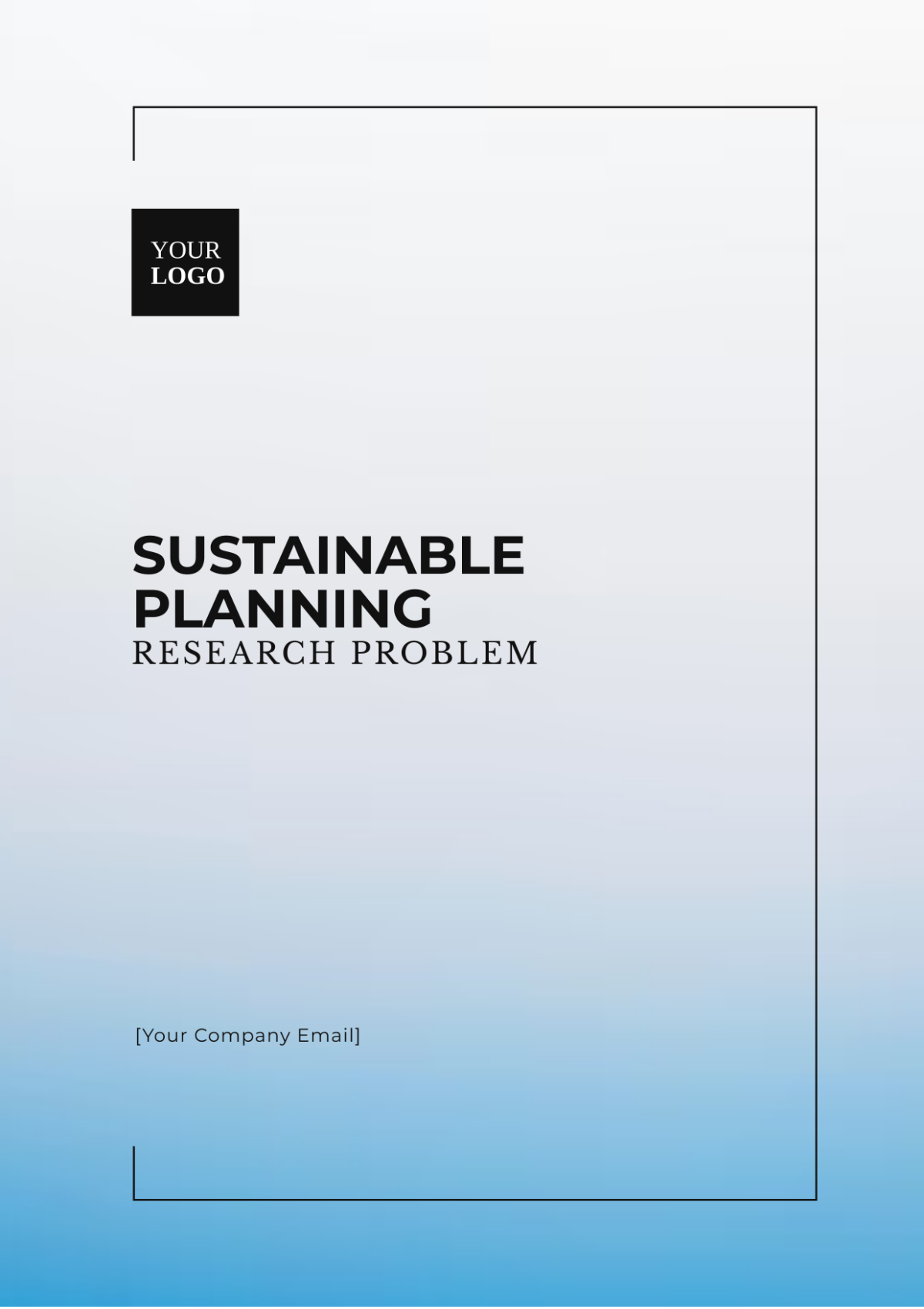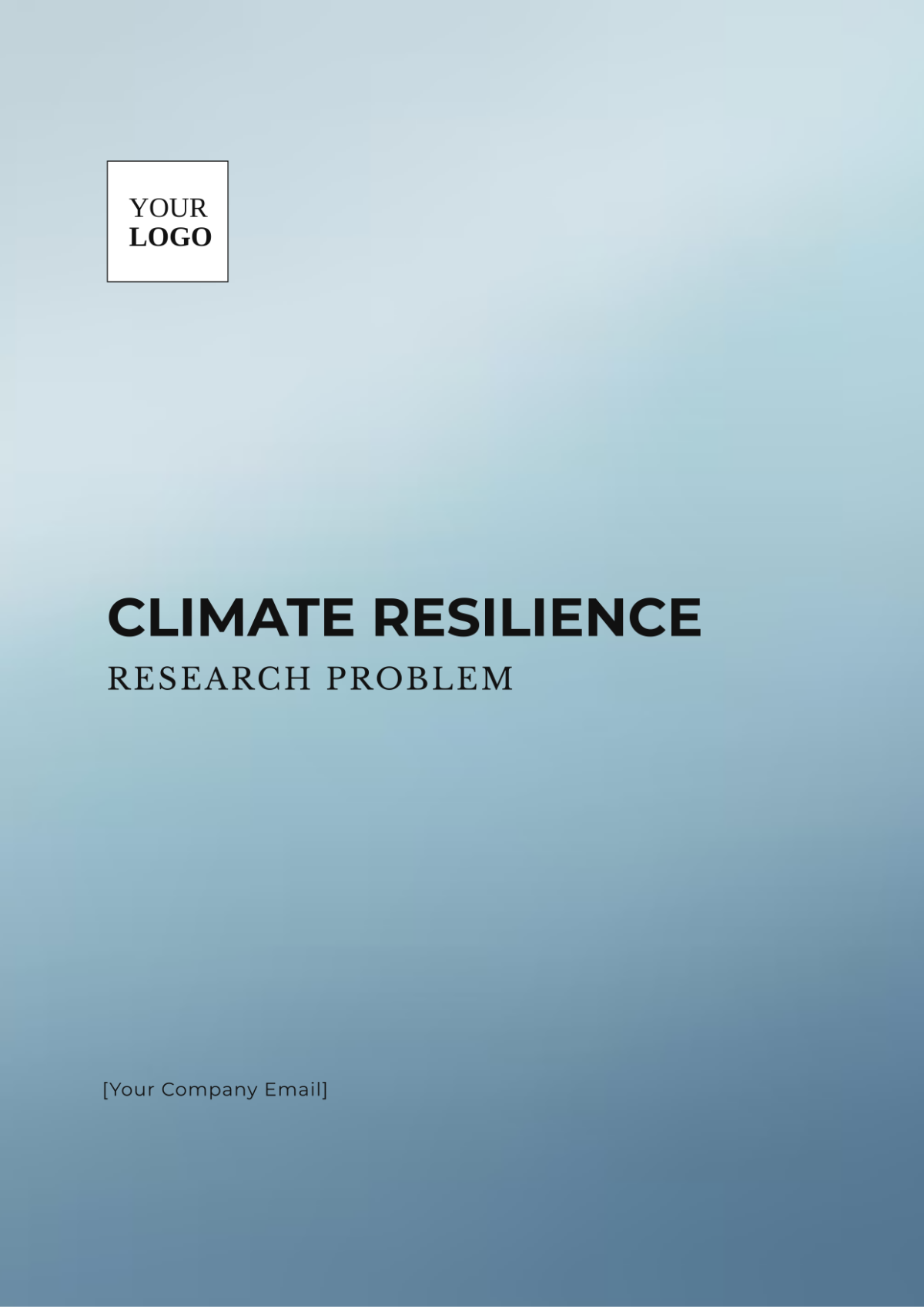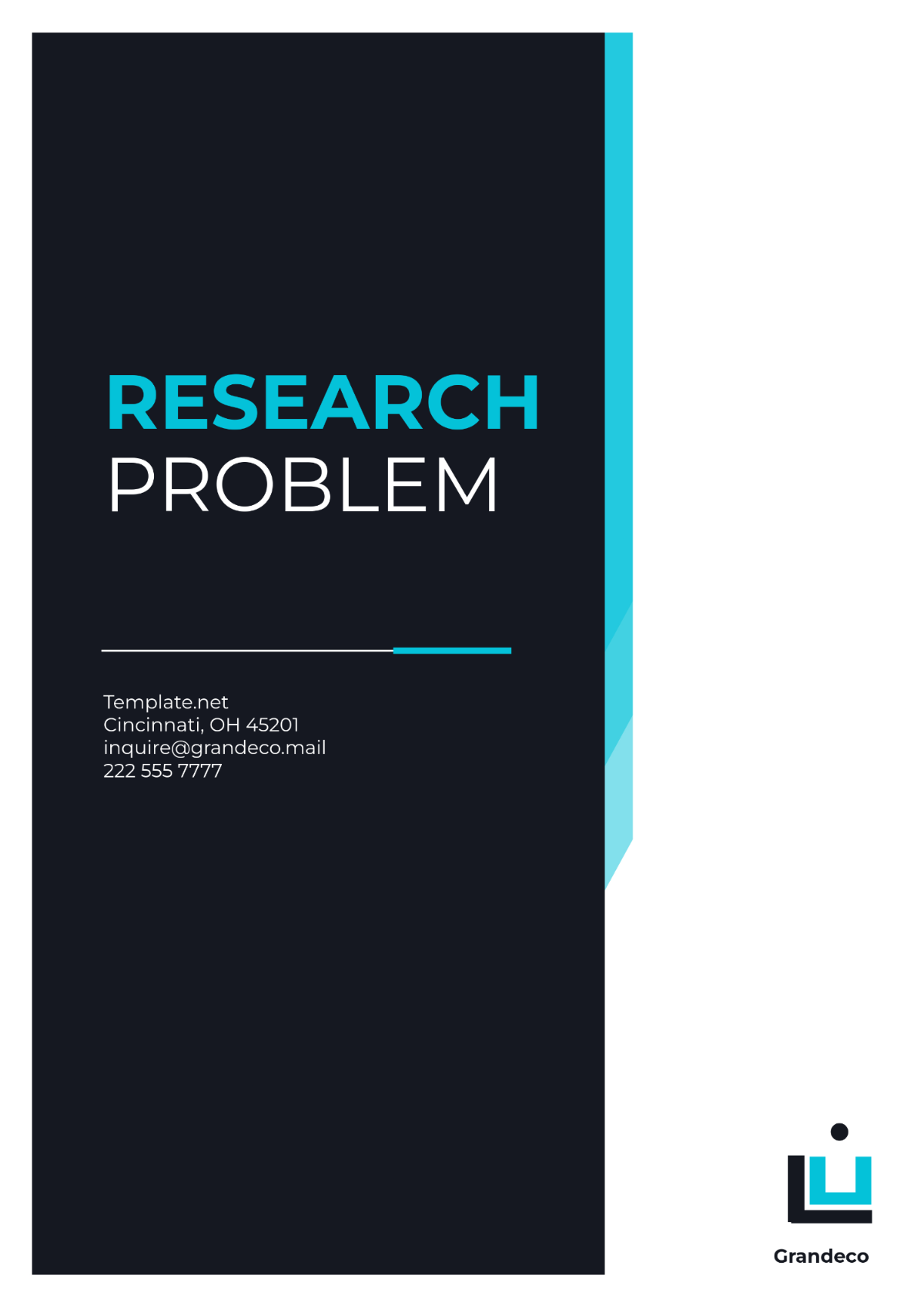Professional University Research
Institution: [YOUR COMPANY NAME]
Address: [YOUR COMPANY ADDRESS]
I. Introduction
A. Background of the Study
Climate change has emerged as one of the most pressing global challenges of the 21st century, affecting various sectors, including agriculture. By 2060, climate change is expected to significantly alter weather patterns, impacting agricultural productivity worldwide. This study examines the potential effects of climate change on global agriculture, focusing on crop yields, food security, and sustainable farming practices.
B. Research Problem
The agricultural sector is highly vulnerable to climate change, yet there is insufficient understanding of its long-term effects on crop production. This research aims to investigate how climate change will affect agricultural productivity and food security in different regions.
C. Objectives of the Study
The primary objectives of this research are as follows:
To assess the impact of climate change on crop yields globally.
To evaluate the potential effects on food security.
To analyze adaptive strategies and sustainable farming practices that can mitigate climate change impacts.
D. Significance of the Study
This research is crucial for policymakers, farmers, and researchers as it provides insights into the future of agriculture under changing climatic conditions. It emphasizes the need for adaptive strategies to ensure global food security.
E. Scope and Limitations
The study focuses on major agricultural regions worldwide, including North America, Europe, Asia, and Africa. It does not cover livestock production or the effects of climate change on other sectors. The research is based on predictive models, which have inherent limitations.
II. Literature Review
A. Historical Context
Historically, agriculture has been sensitive to climate variations, with shifts in temperature and precipitation affecting crop yields. Early 21st-century studies began exploring the link between climate change and agriculture, highlighting potential risks and adaptive strategies.
B. Climate Change and Crop Yields
Effects on Major Crops
Climate change impacts vary by crop, with temperature and precipitation changes affecting growth periods and yields. Major crops like wheat, rice, and maize are particularly vulnerable to temperature extremes and water scarcity.
Regional Variations
The impact of climate change on agriculture differs across regions, with some areas experiencing increased productivity and others facing significant declines. These variations are influenced by regional climate conditions, soil quality, and adaptive capacity.
C. Food Security Concerns
Climate change poses a threat to global food security, with potential impacts on food availability, access, and stability. Vulnerable populations in developing regions are at greater risk due to limited adaptive capacity and resources.
D. Adaptive Strategies and Sustainable Practices
Research highlights the importance of adaptive strategies, such as climate-resilient crops, efficient water management, and sustainable farming practices. These strategies are essential for mitigating climate change impacts on agriculture.
E. Gap in Existing Literature
While there is substantial research on the short-term effects of climate change on agriculture, studies focusing on long-term impacts and adaptive strategies are limited. This research aims to address this gap by providing comprehensive insights into future scenarios.
III. Research Methodology
A. Research Design
This study employs a quantitative research design, utilizing predictive climate models and statistical analysis to assess the impact of climate change on agricultural productivity.
B. Participants and Sampling
Target Population
The target population includes major agricultural regions worldwide, focusing on regions with significant crop production.
Sampling Technique
A stratified sampling technique is used to select representative regions for analysis, considering factors such as climate conditions, crop types, and socio-economic status.
C. Data Collection Methods
Climate Models and Simulations
Predictive climate models and simulations are used to project future climate scenarios and their impact on agriculture.
Agricultural Data Sources
Data on crop yields, soil quality, and farming practices are obtained from agricultural databases, government reports, and research publications.
D. Data Analysis Techniques
Statistical Analysis
Statistical software is used to analyze quantitative data, employing descriptive and inferential statistics to identify trends and relationships.
Predictive Modeling
Predictive modeling techniques are applied to simulate future scenarios and assess the potential impact of climate change on agricultural productivity.
IV. Findings and Discussion
A. Impact on Crop Yields
The study finds that climate change is likely to decrease crop yields in many regions, particularly in areas with increased temperatures and reduced rainfall.
Table 1: Projected Change in Crop Yields by Region
Region | Crop Type | Projected Yield Change (%) | Temperature Increase (°C) | Precipitation Change (%) |
|---|---|---|---|---|
North America | Wheat | -10% | +2.5°C | -15% |
Europe | Maize | -5% | +2°C | -10% |
Asia | Rice | +5% | +1.5°C | +5% |
Africa | Sorghum | -15% | +3°C | -20% |
B. Regional Variations
Regional variations in climate change impacts are evident, with some areas experiencing increased productivity due to longer growing seasons, while others face declines due to water scarcity and temperature extremes.
C. Food Security Implications
The decline in crop yields poses significant risks to food security, particularly in developing regions. Access to food may become more challenging, exacerbating existing socio-economic inequalities.
D. Adaptive Strategies
Climate-Resilient Crops
Developing climate-resilient crop varieties is crucial for mitigating climate change impacts. Genetically modified crops with enhanced tolerance to heat and drought conditions show promise.
Water Management Practices
Efficient water management practices, such as rainwater harvesting and drip irrigation, are essential for optimizing water use in agriculture.
E. Limitations of Predictive Models
While predictive models provide valuable insights, they have limitations due to uncertainties in future climate scenarios and socio-economic factors.
V. Conclusion
A. Summary of Findings
The research highlights the significant impact of climate change on global agricultural productivity, with potential declines in crop yields and food security challenges. Adaptive strategies are essential for mitigating these impacts and ensuring sustainable agriculture.
B. Implications for Policymakers
Policymakers must prioritize adaptive strategies and sustainable farming practices to address climate change impacts on agriculture. Investment in research and development of climate-resilient crops is crucial.
C. Recommendations for Future Research
Future research should explore the socio-economic implications of climate change on agriculture, focusing on vulnerable populations. Studies should also investigate the effectiveness of adaptive strategies in different regions and climates.
VI. References
Jones, P., & Smith, R. (2061). Climate Change and Global Agriculture: Impacts and Adaptation Strategies. Academic Press.
Miller, A., & Brown, T. (2062). Food Security in a Changing Climate: Challenges and Solutions. International Journal of Agricultural Science, 55(4), 325-345.
Davis, L., & Green, M. (2060). Sustainable Farming Practices for a Changing Climate. Springer.
















